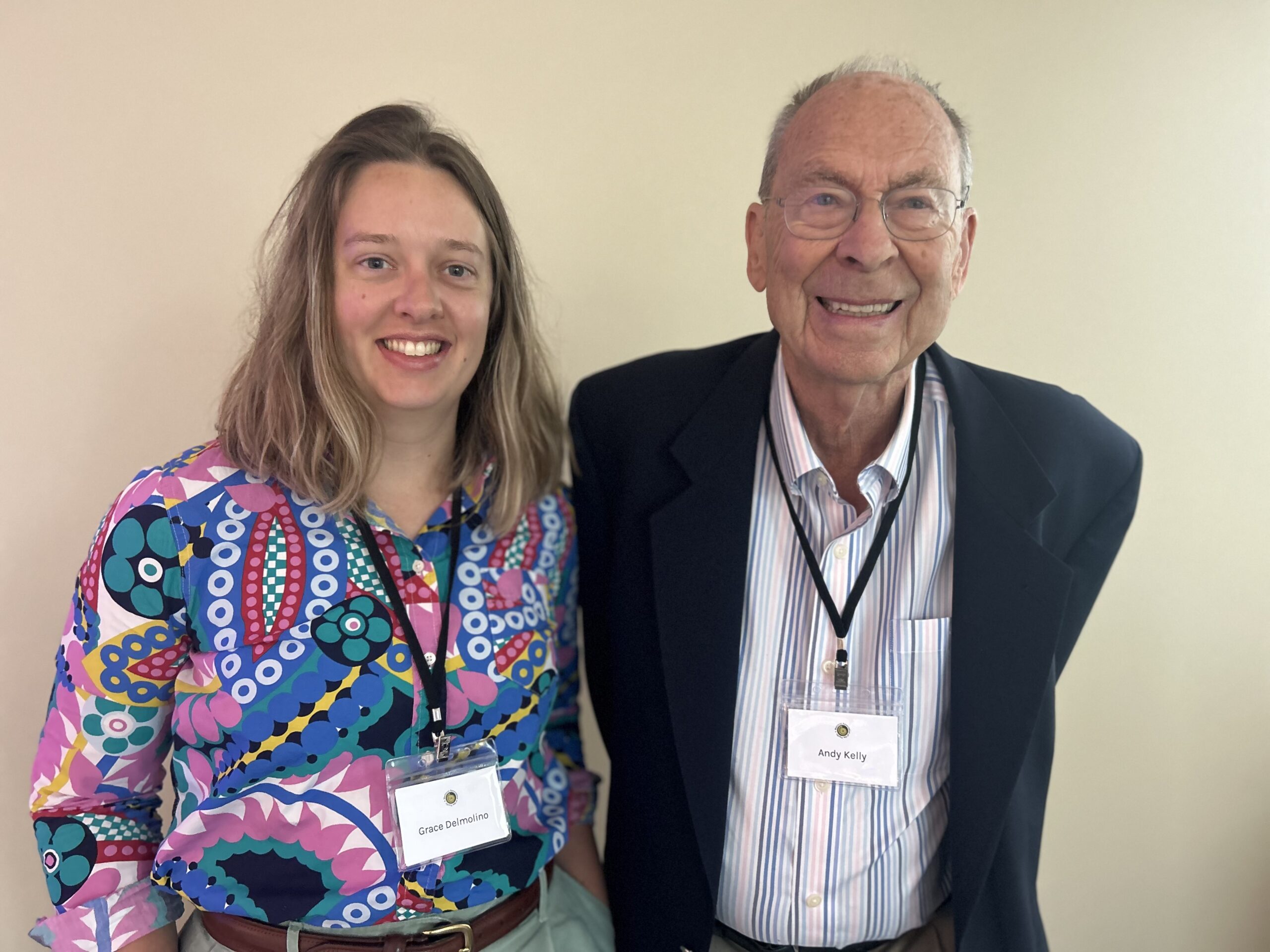2024 Winner

Grace Delmolino for “Fraudulent Counsel: Legal Temporality and the Poetics of Liability in Dante’s Inferno, Boniface VIII’s Liber Sextus, and Gratian’s De penitentia” in Speculum: A Journal of Medieval Studies, July 98/3 (2023). https://doi.org/10.1086/725297.
A maxim in Boniface VIII’s Liber Sextus states that “no one incurs legal liability by giving counsel, unless that counsel is fraudulent.” This article unpacks the “legal temporality” of fraudulent counsel, a category defined as either the counseling of criminal activity or the use of superior knowledge to advise others to their detriment in contractual affairs. In medieval canon law, by scriptural precedent, the fraudulent counselor is deemed guilty of a crime from the moment when the counsel is given; thus, the fraudulent counselor could become guilty of homicide or theft even before (or, by extension, regardless of whether) the crime happened in physical reality. The most famous medieval application of fraudulent counsel is within the circle of fraud in Dante’s Inferno. Although readers of Dante have largely assumed that he invented the term “fraudulent counsel” himself, I show that Dante’s treatment of fraudulent counselors expands on precedents in canon law. Dante particularly capitalizes on the distinction between “criminal fraudulent counsel,” personified in the war strategist Guido da Montefeltro, and the more socially insidious “contractual fraudulent counsel,” dramatized in the Greek hero Ulysses. In elevating fraudulent counsel to an eternally-damnable offense, Dante built on a legal tradition from Justinian’s Digest to Gratian’s De penitentia, which understood human speech to be capable of causing real harm in the physical world—and which treated that verbal violence just as gravely as the literal swordstroke.